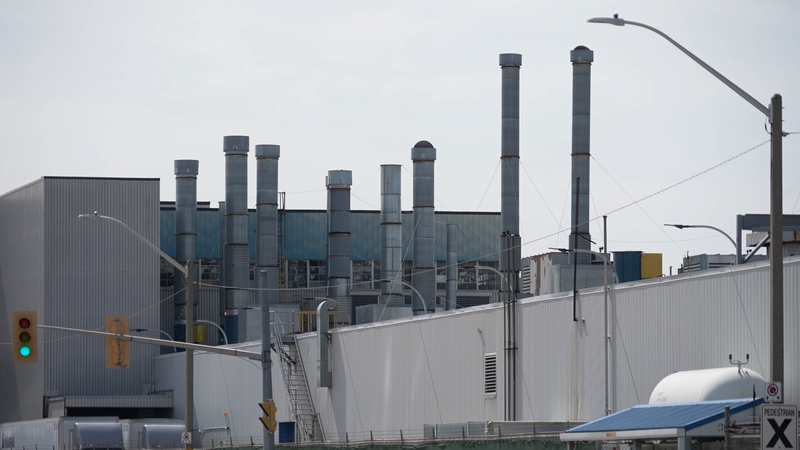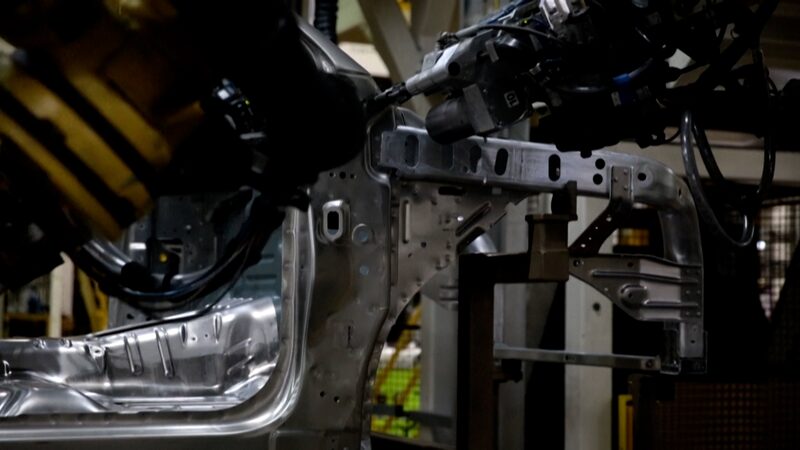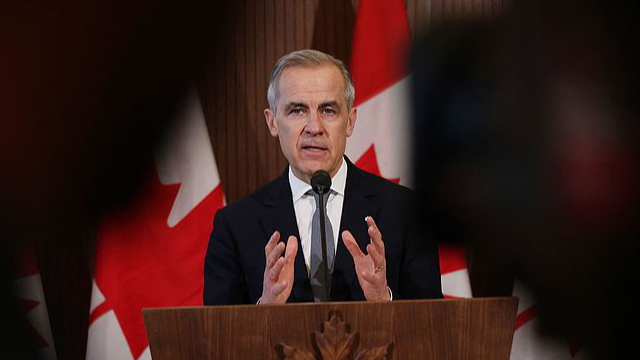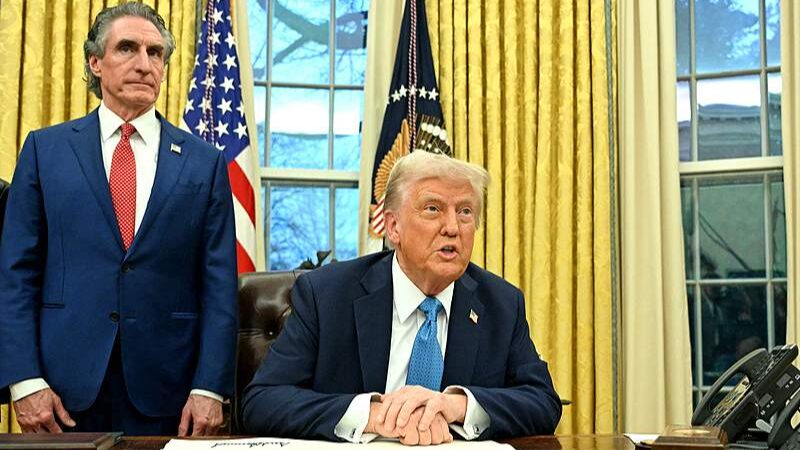Global auto giant Stellantis has temporarily shut its Windsor assembly plant in Canada following new U.S. tariffs on auto exports – sparking fresh trade drama between the neighbors. ⚖️ Here’s what’s revving up the conflict:
🔥 The Spark: The U.S. imposed a 25% tariff on Canadian auto exports starting April 3, part of broader trade measures. Canada retaliated swiftly, with Prime Minister Mark Carney announcing mirroring tariffs on U.S. vehicles. Analysts call it a high-stakes game of economic chicken.
🚨 Workers Hit First: Stellantis’ Windsor closure – impacting thousands of jobs – is seen as a direct consequence. The plant produces Chrysler Pacifica hybrids, a sector already navigating supply chain shifts.
🌍 Global Ripple Effect: With both countries among the world’s top auto markets, the tariffs could accelerate price hikes for consumers and disrupt EV adoption timelines. 💸
💡 Why It Matters: This isn’t just about cars. It’s a stress test for North American trade relations post-COVID, with implications for inflation, green tech investments, and cross-border supply chains. Business leaders are urging dialogue before ‘tariff whiplash’ spreads further.
Reference(s):
Stellantis shuts Windsor plant after U.S. tariffs hit auto exports
cgtn.com








